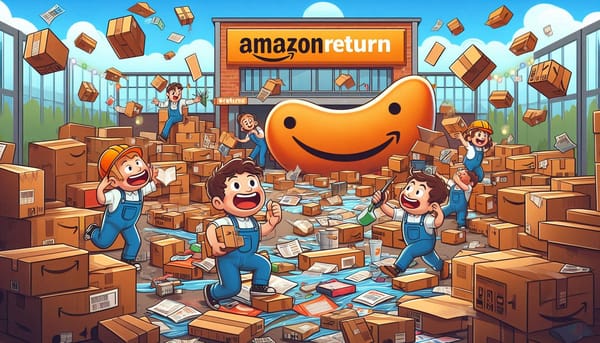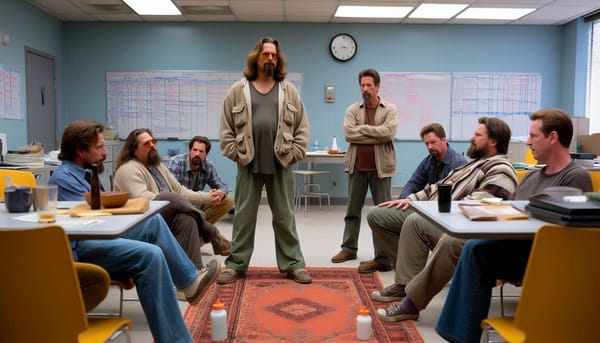The Product Manager as CEO of the Product
The Product Manager as the CEO of the product? Hogwash. That myth is dispelled in this post, and good riddance!

One of the common tropes that you see repeatedly in the Product Management community is the analogy of the Product Manager as CEO of the product. It is an intoxicating concept, that you get all the credit (and headaches) associated with the product, but it falls short of real-life experience.
While the product manager is often in the hot seat, having to weigh strategy versus tactical considerations, mediate disputes between Sales and Engineering (among others), and constantly be managing expectations in the organization, there is one area where the comparison grossly breaks down.
When I first started on this long strange journey of product management and product marketing, I was one of those idealistic newbies, and shuffled off to the only real training at the time, offered by SEMI (n.b.: I am old.) There were many good nuggets that I learnt and retain to this day from that one 4 day offsite training session, but the most poignant was that product management you have all responsibility, yet no explicit authority. Your success depends on your ability to gain consensus, influence stakeholders, and lead a team whom you really have no control over to deliver on a stack of requirements that will address a defined need in the market.
That doesn’t sound much like any CEO I have ever shook hands with, and it isn’t. This isn’t to trivialize the product management role, but more to highlight that the concept of it being the CEO of the product is flawed.
Unless you have control over headcount (you can hire and fire people), the composition and size of the engineering team, the deployment or operations team, and a heavy knob to turn on the sales channel, you really can’t compare to the responsibilities of CEO.
Note: there are some companies and industries where the product manager or equivalent role has this sort of authority. However, this person is often closer to a general manager, and has true P&L responsibilities.
You might say “… but my job description says I have profit and loss responsibility …” I have had a couple of jobs where there was advertised some P&L responsibility, but invariably, there were very limited knobs to turn that had any true effect. Reality was that in my experience they wanted you to manage/track the sales funnel, and partner with the sales leadership to optimize and tune the channel, not run the business directly.
Ultimately, if you can’t resize engineering or marketing to adjust the burn rate, or alter the direct versus representative composition of the sales team, or make a decision to outsource a business function, then you really have what I call “loss responsibility”. Really, you get access to some control to reduce the downside, but not enough to alter the business model.
Yet this isn’t a bad situation. Having worked very closely with general managers, and business unit VP’s, I have had a glimpse at what it takes to manage a P&L, and quite frankly, it requires a quite different view of the organization than managing product.
All the responsibility, yet none of the authority.
Executive Take-aways
- The concept of Product Management as CEO of the product rings hollow
- This isn’t a bad thing, as the skills, and attributes for success are quite different
- Revel in what you do have control over



